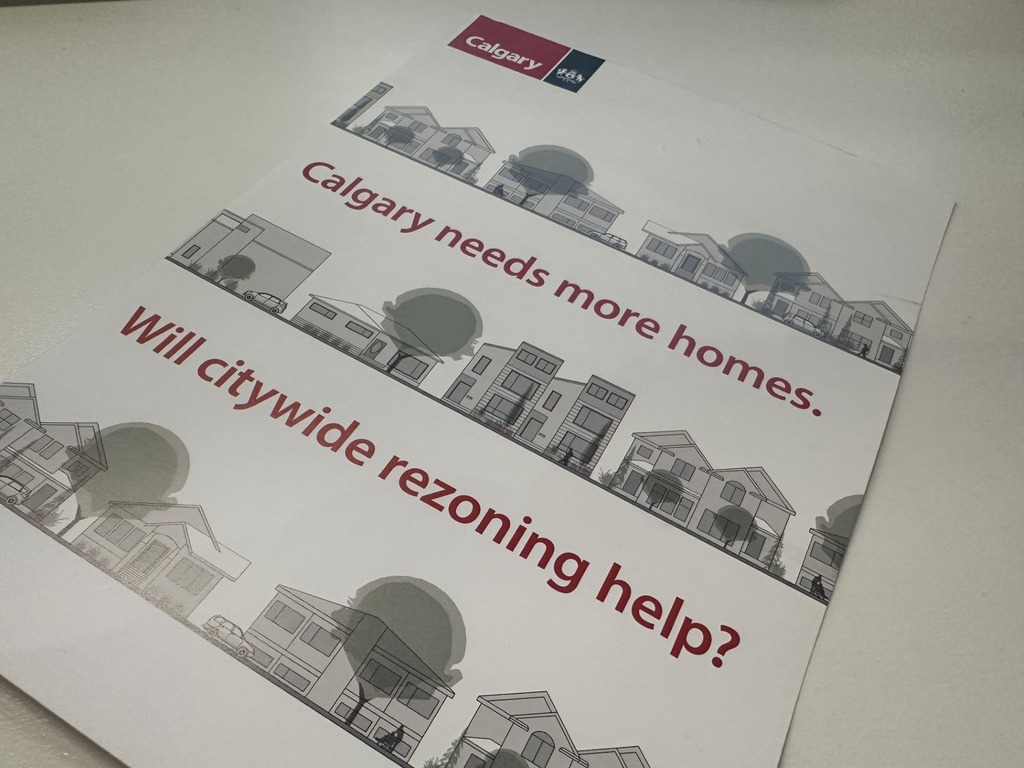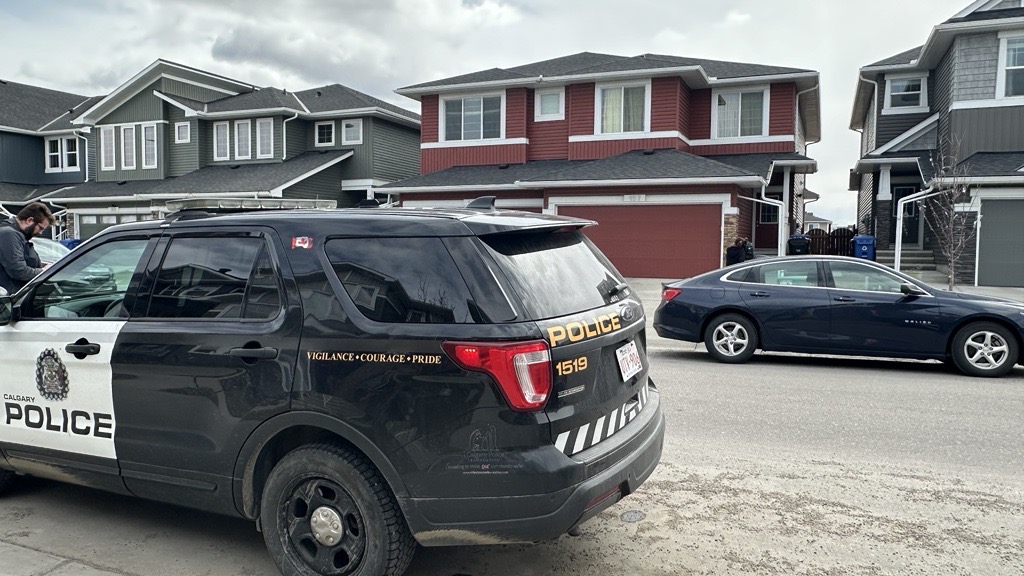Infectious disease expert warns against amplification of COVID-19 misinformation
Posted Oct 21, 2020 10:08 am.
VICTORIA (NEWS 1130) – Concerns over COVID-19 are leading some people to turn to rumours and misinformation over facts.
An expert in infectious disease says it’s not surprising, but stresses the importance of warding against it.
Dr. Isaac Bogoch, who works out of Toronto General Hospital, says pseudoscience and distrust in public health is a conversation often related to vaccinations. He says it happening around COVID-19 is unfortunate, but not unexpected.
“It is a common phenomenon, it’s just amplified because this is affecting the entire population and is impacting everybody, either emotionally or psychologically, financially, or from a health stand point. This is impacting everyone and public health is under a microscope,” he explains.
‘Anti-science movement’
Recently, there have been large anti-mask demonstrations around B.C. and in Toronto, and there have also been Facebook groups suggesting, erroneously, that public health is letting certain workers be sick now instead of later, at the height of flu season.

A large crowd gathers in downtown Vancouver as part of the Mega Freedom Rally protesting ‘censorship, lockdowns, mask mandates, vaccine mandates, quarantines, travel bans, social distancing, contact tracing, and government orders’. (Courtesy Twitter/CityHallWchVAN)
Bogoch describes much of what’s been happening lately as an “anti-science movement,” which predated COVID-19 and will likely be around well after it’s dealt with.
“It’s extremely challenging. We know a lot about this virus now. Of course, we don’t have all the answers, but we know how it’s transmitted, where it’s transmitted, risk factors for severe illness, how to prevent infection, we have a growing understanding of the immunology of this infection and that’s guiding vaccine development, which is right around the corner for release,” he explains.
However, he admits that won’t stop those peddling misinformation from doing so.
Pointing to the U.S., Bogoch says there have been a number of examples of the politicization of the coronavirus. He says while anti-science movements appear to be more prominent south of the border, we’re not immune here in Canada.
The concern around dangerous messaging being shared online and in-person, he adds, is how such information could drive behaviours.
“At the end of the day, we may have issues with vaccine uptake, we might have issues with adherence to public health messaging, and things that really will, unfortunately, get in the way of having a smart and a reasonable pandemic response,” Bogoch tells NEWS 1130.
Public health’s ‘not out to get you’
On claims from people who say authorities are withholding information about how bad the situation really is at schools, Bogoch says beliefs that public health wants people to get sick is “crazy.”
“That’s a perfect example of the amplification of misinformation. No public health official in Canada wants anyone to get infected with this, no one is timing who should be infected when — just the fact that a concept like that is floating around and people are believing it and acting on it is quite telling,” he adds.
A frustration raised in B.C. is the lack of data being released about COVID-19 in schools. At the end of the day, Bogoch says people need to understand public health is “woefully underfunded at the best of times.”
He believes they’re doing the best they can.
“Now they’re managing a pandemic at federal levels, at provincial levels, at municipal levels and doing the very best they can with the resources they have available to them. It also is interesting to note that even when resources become available, it’s not like turning on a light switch and you can automatically just get data. There are systems that have to be in place to collect it, to process, to analyze, to report it. It’s hard to do and it takes time to set this up properly.”
Related stories:
-
Vancouver Mega Freedom Rally ‘incredibly reckless’: Vancouver councillor
-
‘So frustrating’: Doctors and nurses battle virus skeptics
-
COVID-19 conspiracies creating a ‘public health crisis’ in Canada, experts say
-
Misinformation spikes as Trump confirms COVID-19 diagnosis
Rather than thinking public health is “out to get you,” Bogoch is pleading with people to take a more reasonable approach to understanding.
As we learn more about COVID-19, Bogoch notes the science will change with it. Police, in turn, adapts to that science.
“At this point in time, eight months in, where we’ve had several adaptations and updates to our policy, and rightfully so, I’m still surprised that people are upset at that and interpret that as senior political leaders or senior public health leaders not being able to make up their minds. Nothing could be further from the truth,” Bogoch says. “They’re just adapting to updated science and data that will ultimately drive their policy.”
Perhaps, he says, the reason many people are leaning to such thinking might be a testament to how stressful this pandemic has been.










